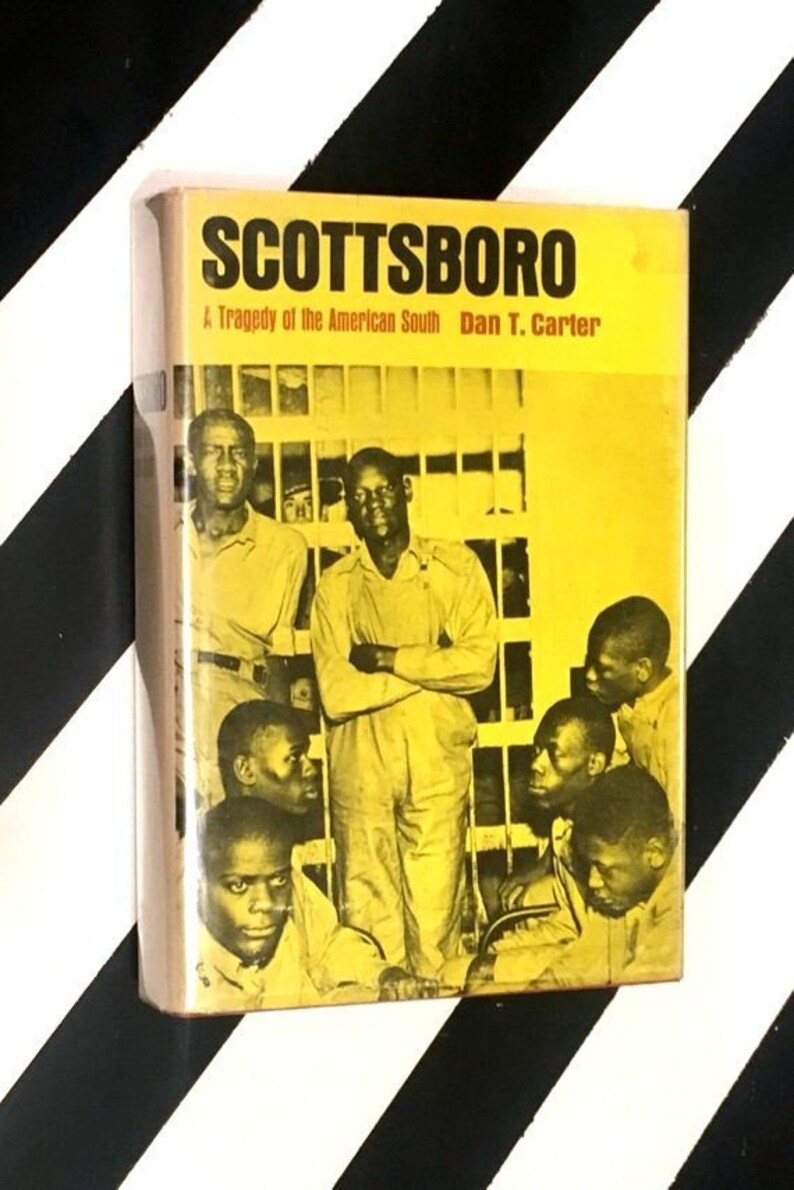


Sporting the lacquered hair and broad, striped tie of a regional bank manager, he swept his arms outward, as if the forces of American disintegration were encroaching on his mostly White audience from somewhere just beyond Cherry Lane and Baltimore Avenue.Īpplause rose over the jeers of protesters. But many more in the crowd adored him, angered not by the words he spoke but by the things he spoke against: court-ordered busing to integrate public schools, antiwar protesters, government bureaucrats, welfare grifters, news reporters, the alleged lawlessness of the political left. in suburban Maryland, and many of them were angry.Ī few protesters were furious at the politician who now climbed onto that stage - confounded by the genius with which he exposed and exploited Americans’ fears. All faced the stage erected in front of the Equitable Trust Co.

Thickset men with crew cuts shifted on their feet. Teenage boys in tight polyester shirts brushed their hair from their eyes. Old women squinted through thick-rimmed glasses against the bright May sky. "I sent him a message," Johnson told Carter, "that if he wanted forgiveness, he'd have to get it from the Lord.".The crowd, again, was huge, an audience of a thousand that filled the southwest expanse of the Laurel Shopping Center’s parking lot. Others, such as Frank Johnson, a white federal district judge who attempted to enforce the law, cannot put aside the personal injuries he and his family suffered at the hands of Wallace, an old college friend. Many of these people have been willing to forgive, if not entirely forget. Wallace aided the cause by begging the pardon of those he had once attacked: African Americans and white southern moderates who had urged accommodation to the changes wrought by the civil rights movement. By leaving him permanently disabled-indeed, consigned to a life of unrelenting misery-this blow encouraged public forgiveness of the mean-spirited words and actions that had animated his political career. Wallace's redemption also rests on the assassination attempt that occurred during his 1972 presidential campaign. Thirty years after he preached "Segregation now! Segregation tomorrow! Segregation forever!", Wallace has won grudging respect as the prophet of the antigovernment, antiliberal politics of the 1980s and '90s. As Carter, a professor of history at Emory University, admits in this fine biography, Wallace has gained historical redemption of sorts. George Wallace, five-term governor of Alabama and four-time presidential candidate, is a case in point. In time (to paraphrase Emerson), every scoundrel becomes a hero-or at least a sympathetic figure.


 0 kommentar(er)
0 kommentar(er)
